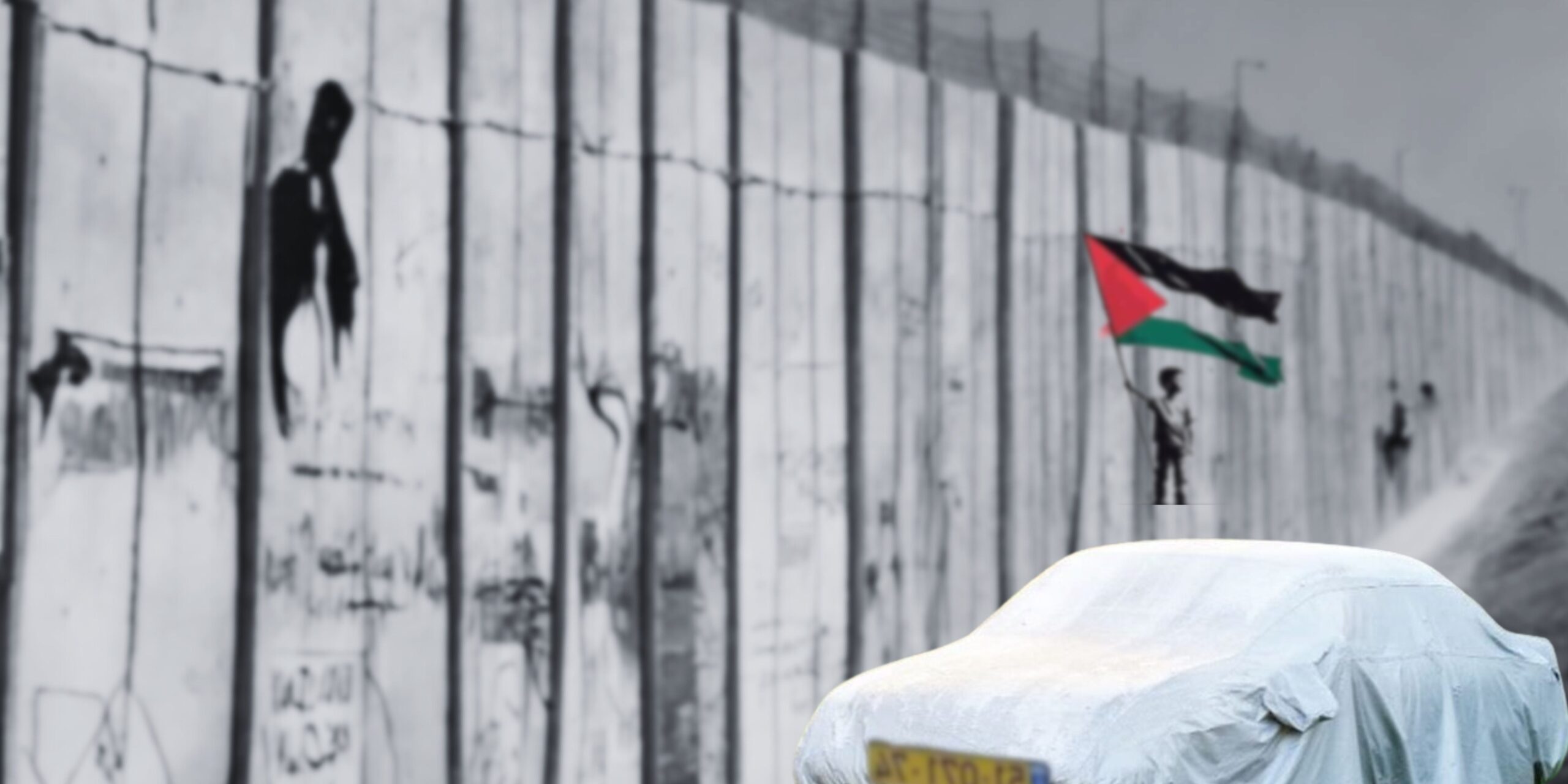By Rand Dalgamouni
AMMAN – With the concept of investigative journalism gaining more attention in Arab media, work must now be directed at encouraging media outlets to adopt and support this form of reporting, according to media leaders.
At the conclusion of the fourth Arab Reporters for Investigative Journalism (ARIJ) conference on Sunday, ARIJ Chairman Daoud Kuttab said the network has been successful in building capacities of Arab journalists to practise investigative reporting, but challenges remain.
“What matters now is implementation,” he stressed.
“We will continue to train journalists, but we also need to change the mentalities within media institutions into believing that supporting investigative reporting is in their best interest,” Kuttab said.
He added that the necessary legal changes should be made to protect the right to access information in order to enable investigative reporters to obtain the information they need.
Presenting an overview of future plans, ARIJ Executive Director Rana Sabbagh said the network seeks to expand and consolidate its activities in its nine countries of operation – Jordan, Syria, Lebanon, Egypt, Iraq, Bahrain, Palestine, Yemen and Tunisia.
She noted that the network will work on improving the quality of investigative reporting and strengthening Arab media to function efficiently as the fourth estate.
Sabbagh added that the training of journalists, supervisors and media professors will continue over the next three years, with ARIJ planning to hold 26 workshops that also train reporters on computer-assisted reporting and using multimedia.
The network will also support 30 investigative reports in print media and six on radio and television, she elaborated.
Welcoming the formation of other investigative journalism networks in the region, Sabbagh added that ARIJ aspires to become a mother network that includes smaller groups of Arab investigative reporters.
Conference participants called for supporting investigative reports that examine the media, protecting journalists when exchanging information across borders, making arrangements to protect freelance reporters and actively cooperating with press associations in the region.
The conference concluded with the distribution of the “Arab Spring Award” to honour the best investigative reports in 2011, which was presented to the winners from Jordan, Egypt, Iraq, Lebanon and Palestine.
Jordanian Raeda Hamra of Roya TV won the first prize for televised investigative reports uncovering financial violations in some factories in the town of Hashemiyeh near Zarqa, while Palestinian and Lebanese reports won second and third places respectively.
Al Balad Radio’s Hanan Khandagji won the award for the best radio investigative report for her piece on abuses committed against residents of care centres in Jordan, according to ARIJ.
Iraqi reporter Mayada Daoud and Egyptians Marwa Yassin and Maha Bahnasawi shared the first prize for best investigative report for print media, while an investigation by Iraqis Saman Noah and Mowaffaq Mohammad came second.
Egyptians Ali Zalat and Mohammad Khouli won the third prize for print media investigation.
A special prize was awarded to Egyptians Hisham Ghannam and Ahmad Ragab for their investigation into the escape of inmates from Al Marj Prison during the Egyptian revolution this year, according to organisers.
The fifth ARIJ conference is scheduled to be held in Tunisia next year.







